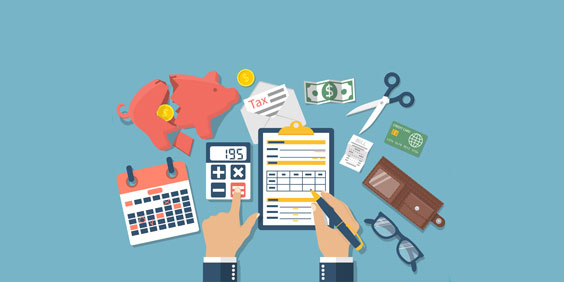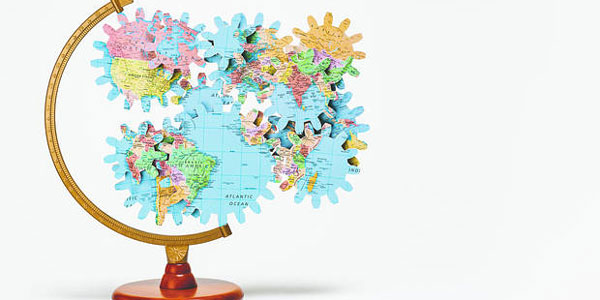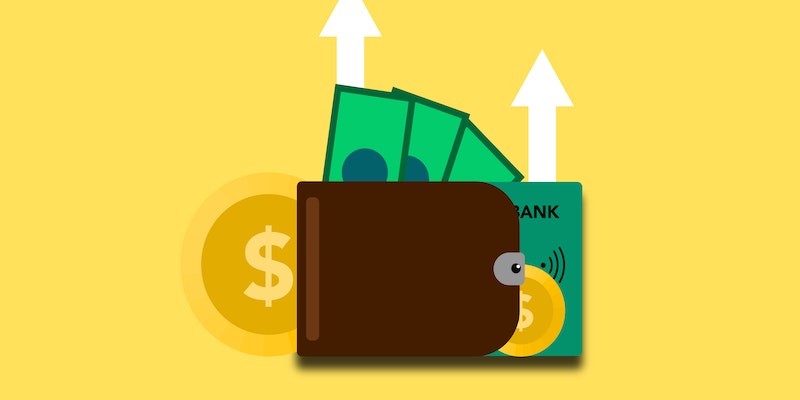
It's a common belief that money can't buy happiness, but this isn't necessarily true. If you've ever suffered worry or anxiety because of money, as 60% of Americans have, you know it's not always so easy to separate financial and emotional wellbeing. To better manage financial stress, get closer to your objectives, and enhance your general wellbeing, you need to monitor your financial health and do frequent check-ins.
What's Financial Health?
Your financial health considers various elements to determine how prepared you are to handle various financial situations. Put it another way: Your financial health is a measure of your ability to pay for things now and in the future, whether or not you anticipate them. Financial health may be determined by a constant income, a low debt-to-income ratio, and regular retirement savings.
Why Does Financial Health Matter?

Most Americans have experienced financial stress and worry at some time in their lives. There are a variety of emotions that might occur as a result of your financial situation not being where you'd like it to be, including anxiety about saving for retirement, worry about paying the rent, or even fear of going out to dinner with friends because of the expense. Everyone's financial situation uniquely affects them, but poor financial health can have far-reaching consequences. Money worries may have a negative influence on both your emotional and physical health.
Five Tips for a Better Financial Situation
Personal financial goals are essential to preparing for a healthy and happy future, but they can be hard to start. Your grandparents' "rules of thumb" aren't enough to keep you financially well. Here are five tips to enhance your financial health to help you get back on track with your financial objectives.
Know Needs and Wants
Choosing when it comes to spending is an essential part of making smart financial decisions. The occasional happy hour cocktail or takeaway meal is fun, but it's time to rethink how much money you're spending on things that aren't necessary. It's not always easy to tell the difference between the two. Food, housing, clothes, and medical care are just a few of the things that may be purchased with the funds in a savings account.
Ten percent of your salary, or an amount suitable for you, might be a good starting point for saving. What happens if a need might be categorized as a want? When it comes to clothes, there is a big difference in price between functional, economical clothing and luxury, designer apparel.
Make emergency plans
Setbacks and mishaps will punctuate your financial journey. Understanding and responding to this is critical. In a financial emergency, don't feel bad about taking out more money from your savings account than you had planned. The standard recommendation is to save six months' worth of expenses in a savings account just in case.
This savings net often covers auto repairs, essential house upgrades, and illness. We must be financially prepared for situations like these. After things occur, our reactions to them are as significant.
Begin Saving Early
You are contributing early to retirement plans, and savings accounts can make all the difference. By remaining in your bank account for a long period, your savings will earn you money. You'll get the benefits of compounding interest when you get involved early. Savings in a traditional savings account accrue interest.
Having a compound interest account means that in addition to earning interest on the principle, you'll also earn interest on the interest you've already earned. Compound interest works like a snowball, so if you start saving early, you'll have more time to benefit from it.
Anticipate lifestyle inflation
Most people find that as they age, they earn more money. A person's spending tends to increase when they make more money. These two things are strongly linked; when people rise in their jobs, they also increase their spending. Savings potential increases if lifestyle inflation is well managed. Inflation of how you live isn't always negative, but it's also vital to inflate your financial aspirations.
Do Some Personal Calculations
Setting aside time to complete some personal financial calculations can be useful. It's not as difficult as some people assume, and it helps you prepare for the future by giving you a better grasp of your income and goals. Your net worth is the most important metric to keep an eye on.
You may get a good idea of your net worth by making a list of all your assets and subtracting all your debts. Determine your net worth by subtracting all of your obligations from your assets to get at your net worth. You might use it as a gauge of your current financial situation.



